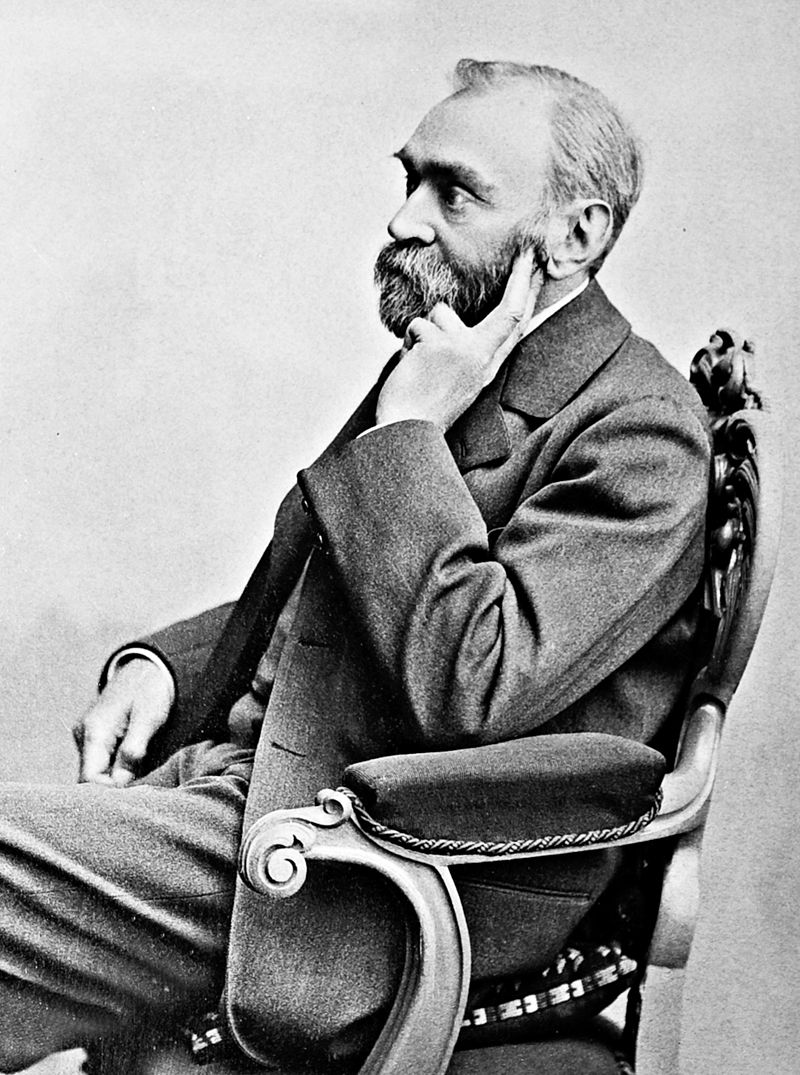Nobel Prizes are awarded in the fields of Physics, Chemistry, Physiology or Medicine, Literature, and Peace (Nobel characterized the Peace Prize as "to the person who has done the most or best to advance fellowship among nations, the abolition or reduction of standing armies, and the establishment and promotion of peace congresses"). Nobel Prizes are widely regarded as the most prestigious awards available in their respective fields.
Each year, special committees within the institutions that select the Nobel laureates conduct surveys of scientists from various countries in a certain field to find out what they would recommend for the award. Selected applicants are put forward for a wider vote, which takes place in October, and the winners are announced immediately after the votes are counted. The prizes are awarded on the day of Nobel's death - December 10. The prize consists of a gold medal, a diploma and a sum of money, currently around 1 million euros. If several people are awarded a bonus in a certain area that year, the bonus money is divided equally.

